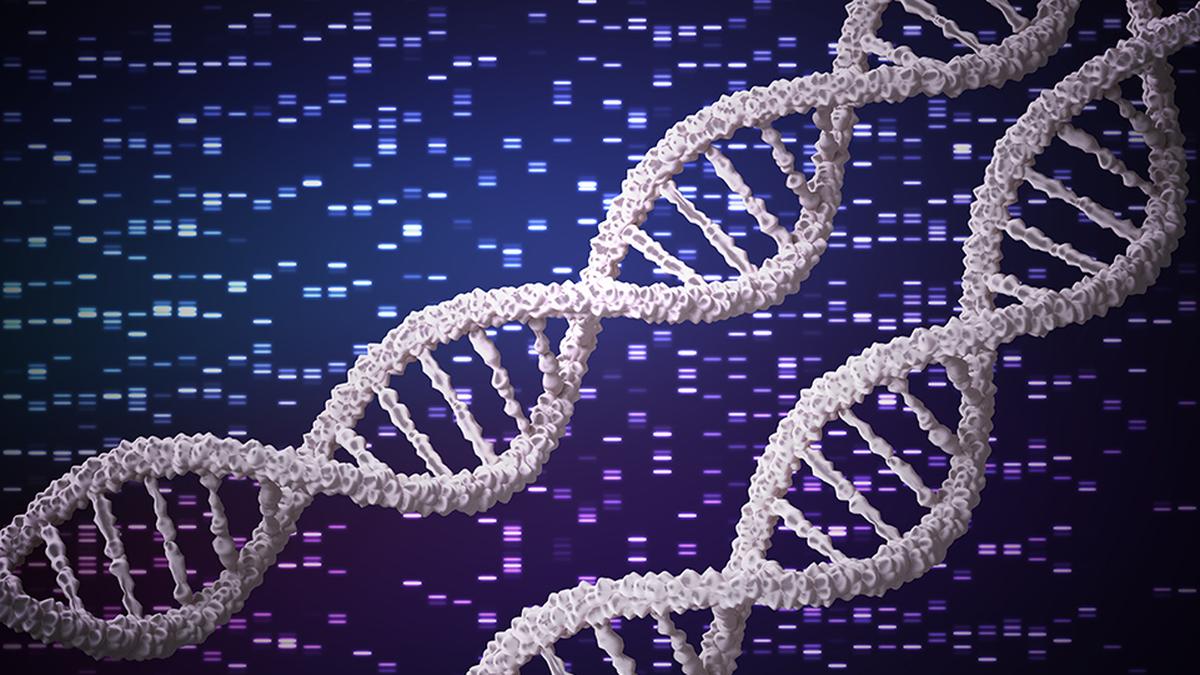Exposing mosquitoes to lipase inhibitors prior to an infectious blood meal can induce sterility
| Photo Credit: AP
As per a study published recently, the development of Plasmodium falciparum, which causes malaria, can be severely impacted when the lipid transport by lipophorin (Lp) in Anopheles gambiae mosquitoes is targeted. The study found that exposing adult female mosquitoes to broad-spectrum lipase inhibitors prior to an infectious blood meal can induce mosquito sterility. Impairing the breakdown of the stored fat in the mosquitoes can be lethal for the embryos. When lipolysis is impaired, the embryos develop normally during early embryogenesis but fail to hatch due to severely impaired metabolism. This is because lipoproteins, particularly lipophorin and the yolk protein vitellogenin (Vg), which transports approximately 5% of lipids within oocytes, are essential for egg development. The results were published in the journal PLOS Biology.
The authors demonstrated that the maternal lipolytic machinery in the mosquitoes plays a key role in shaping the development and survival of progeny. Silencing triglyceride lipase or lipid storage droplet of the mosquitoes significantly disrupts the progeny’s energy metabolism, which stops embryos from hatching and results in embryonic death. Treating adult females with orlistat, a broad-spectrum hydrolase inhibitor, mimics the effects of silencing triglyceride lipase, causing death of embryos. “These data provide a proof of principle that targeting lipolysis can aid mosquito control and increase our understanding of the importance of lipid metabolism during pregnancy and embryonic development,” the authors write.
To determine the role of triglyceride mobilisation in An. gambiae reproduction, the authors silenced the expression of triglyceride lipase. This resulted in a reduction in the number of eggs laid by the mosquitoes compared with controls. When triglyceride lipase is silenced, the glyceride levels in midguts and fat bodies tend to increase, while there was a large drop in glyceride levels in ovaries by the end of 24 hours. As seen in oocytes, embryos from triglyceride lipase-depleted mosquitoes had low levels of glyceride. Due to depleted glyceride levels, only a handful of larvae emerged from eggs.
Even the metabolic profiles of the embryos from triglyceride lipase-depleted mosquitoes were strikingly different. While the controls showed a steady increase in major metabolites over time, the embryos of triglyceride lipase-depleted mosquitoes had significantly reduced levels of most of these metabolites.
“While changes in lipid and metabolite composition started early during embryogenesis, we observed limited differences in the transcriptional profile of the two groups at the two earlier time points. However, by 38 hours post oviposition, there were large differences in the triglyceride lipase-depleted group characterised by hundreds of up- and down-regulated genes,” the authors write. “This reveals that maternal triglycerides are essential for driving key metabolic processes during embryogenesis, such that when these lipids are limiting, embryos cannot complete development.”
Since mosquitoes absorb insecticides and sterilising compounds through their legs when they land on bed nets coated with these ingredients, as in the case of pyriproxyfen nets, the authors tested the delivery of lipase inhibitors by allowing mosquitoes to rest on a surface coated with lipase inhibitor orlistat before blood feeding. As tested in the lab, the number of larvae emerging from eggs was drastically reduced in a dose-dependent manner in field settings. “The data reveal that the development of Anopheles-specific lipase inhibitors may represent a promising tool for field interventions aimed at reducing the size of field mosquito populations,” they write.
Published – January 04, 2025 10:00 pm IST










